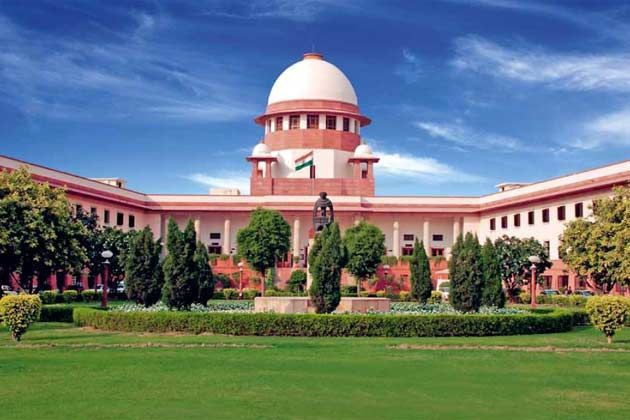The Supreme Court has expressed its deep concern over trial court judges repeatedly denying bail pleas of accused individuals in cases where custody is unnecessary. The court has strongly criticized this practice, terming it as “intellectual dishonesty,” while showing reluctance to recall its previous order against a judge in Lucknow who violated the apex court’s guidelines on granting bail. The Supreme Court had previously reprimanded the judge on May 2 for disregarding its rulings that emphasized a liberal approach towards granting bail when custody was not required, and discouraged mechanical and routine detention orders. In a unique and unprecedented move, the court had directed the Allahabad High Court to withdraw the judge from judicial work and send him to a judicial academy for further training. However, the judge, concerned about the impact of the Supreme Court’s order on his career, pleaded with a bench of Justices Sanjay Kishan Kaul and Ahsanuddin Amanullah to reconsider the decision. The judge’s counsel argued that he had served the judiciary for 33 years, was on the verge of retirement, and was being considered for elevation. Nevertheless, the bench maintained that its order was explicit and had been willfully disregarded by the judge. The Supreme Court emphasized the need for judges to change their approach towards granting bail and criticized the prevailing mindset of denying bail to accused individuals. The court asserted that such a stance amounted to intellectual dishonesty.
Despite pleas from the judge’s counsel to show leniency, the bench underlined that the adverse order was necessary, particularly considering the judge’s seniority and the violation of the Supreme Court’s ruling. The court deemed the order against the judge to be an example for others in the judiciary. In light of the continued reluctance of trial courts to grant bail despite the Supreme Court’s order, the apex court decided to take stringent action against judicial officers who failed to comply. Expressing dismay over the lower judiciary’s non-compliance with its verdict, the bench stressed that the court’s judgments are the law of the land and must be followed. The situation in Uttar Pradesh, in particular, was highlighted as alarming, with many cases not adhering to the verdict delivered nearly ten months ago.
The Supreme Court emphasized the importance of avoiding a police state in a democracy, where investigative agencies unnecessarily arrest individuals in a mechanical manner. Consequently, in July of last year, the court issued several directives aimed at restraining agencies from arresting individuals in cognizable offenses punishable by up to seven years’ imprisonment, where custody is not necessary. The court also urged criminal courts to safeguard people’s liberty and adopt a liberal approach to granting bail.


